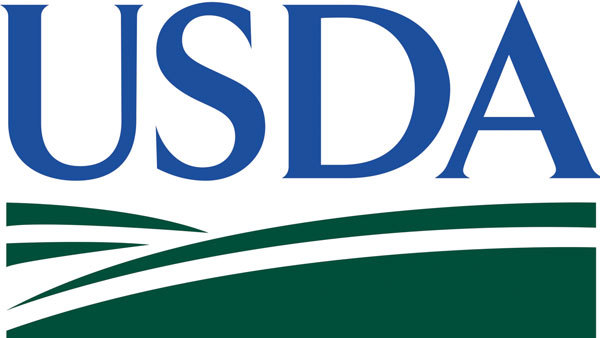NBB wins bid for USDA grant funding



September 10, 2014
BY NBB Staff
Federal funding is an important component of the biodiesel industry’s resource pool, expanding opportunities for enhanced outreach, education and research.
Among the most significant pathways to access federal funding is through the Biodiesel Fuel Education Program. Federal program targets include:
• Enhancing current efforts to collect and disseminate biodiesel information.
• Coordinating with other biodiesel educational or promotional programs.
• Creating a nationwide networking system to deliver biodiesel information to targeted audiences.
• Identifying and documenting the benefits of biodiesel.
• Addressing information gaps regarding biodiesel education.
This is the third time the program has been open to applicants, and the third time NBB received a significant portion of the grant. If funds remain available, the grant will continue through 2018. The funding is made available through the Agricultural Act of 2014 (Farm Bill) and managed by the USDA’s National Institute of Food and Agriculture.
“Awareness and consumption of biodiesel has grown over the past decade, but due to its higher costs, consumption is still lower than traditional diesel fuel,” said Sonny Ramaswamy, NIFA director. “There are many positive environmental, social and human health benefits that consumers can weigh when purchasing diesel fuel. This grant program will help consumers make informed decisions that will help our nation reduce our dependence on foreign oil.”
As directed by the grant, funding will focus on educational programs that will support advances in infrastructure, technology transfer, fuel quality, fuel safety and increasing feedstock production.
Advertisement
Advertisement
Advertisement
Advertisement
Related Stories
The U.S EPA on July 17 released data showing more than 1.9 billion RINs were generated under the RFS during June, down 11% when compared to the same month of last year. Total RIN generation for the first half of 2025 reached 11.17 billion.
The U.S. EPA on July 17 published updated small refinery exemption (SRE) data, reporting that six new SRE petitions have been filed under the RFS during the past month. A total of 195 SRE petitions are now pending.
The USDA has announced it will delay opening the first quarterly grant application window for FY 2026 REAP funding. The agency cited both an application backlog and the need to disincentivize solar projects as reasons for the delay.
CoBank’s latest quarterly research report, released July 10, highlights current uncertainty around the implementation of three biofuel policies, RFS RVOs, small refinery exemptions (SREs) and the 45Z clean fuels production tax credit.
The U.S. EPA on July 8 hosted virtual public hearing to gather input on the agency’s recently released proposed rule to set 2026 and 2027 RFS RVOs. Members of the biofuel industry were among those to offer testimony during the event.
Upcoming Events










